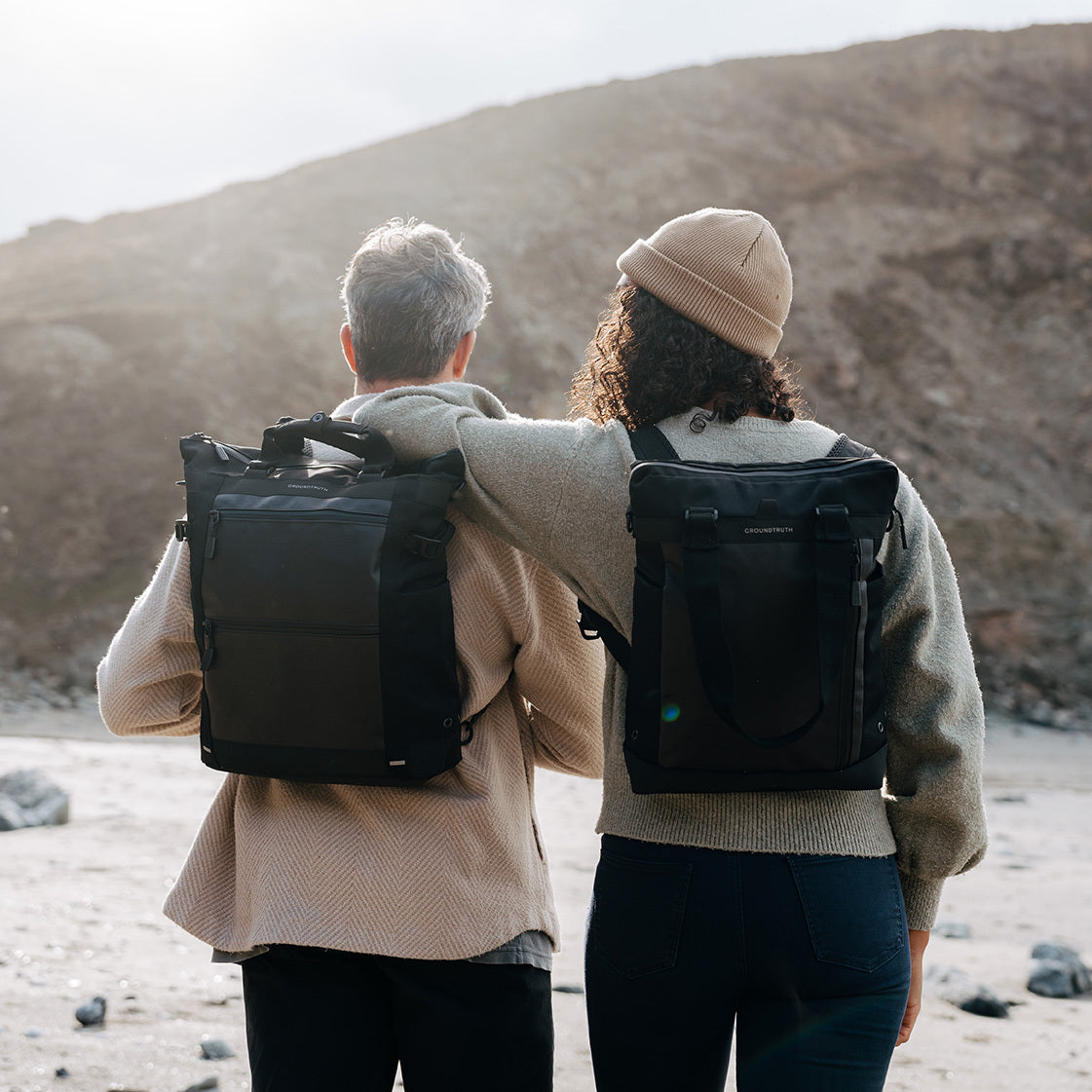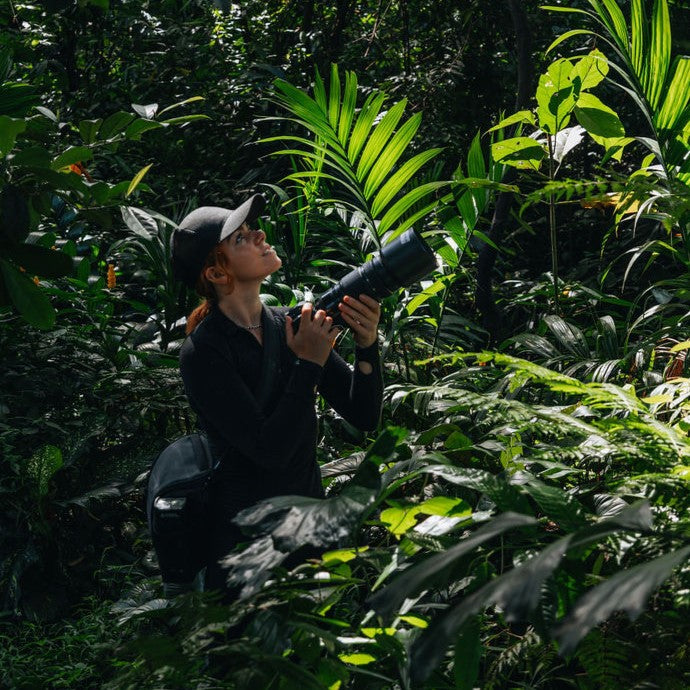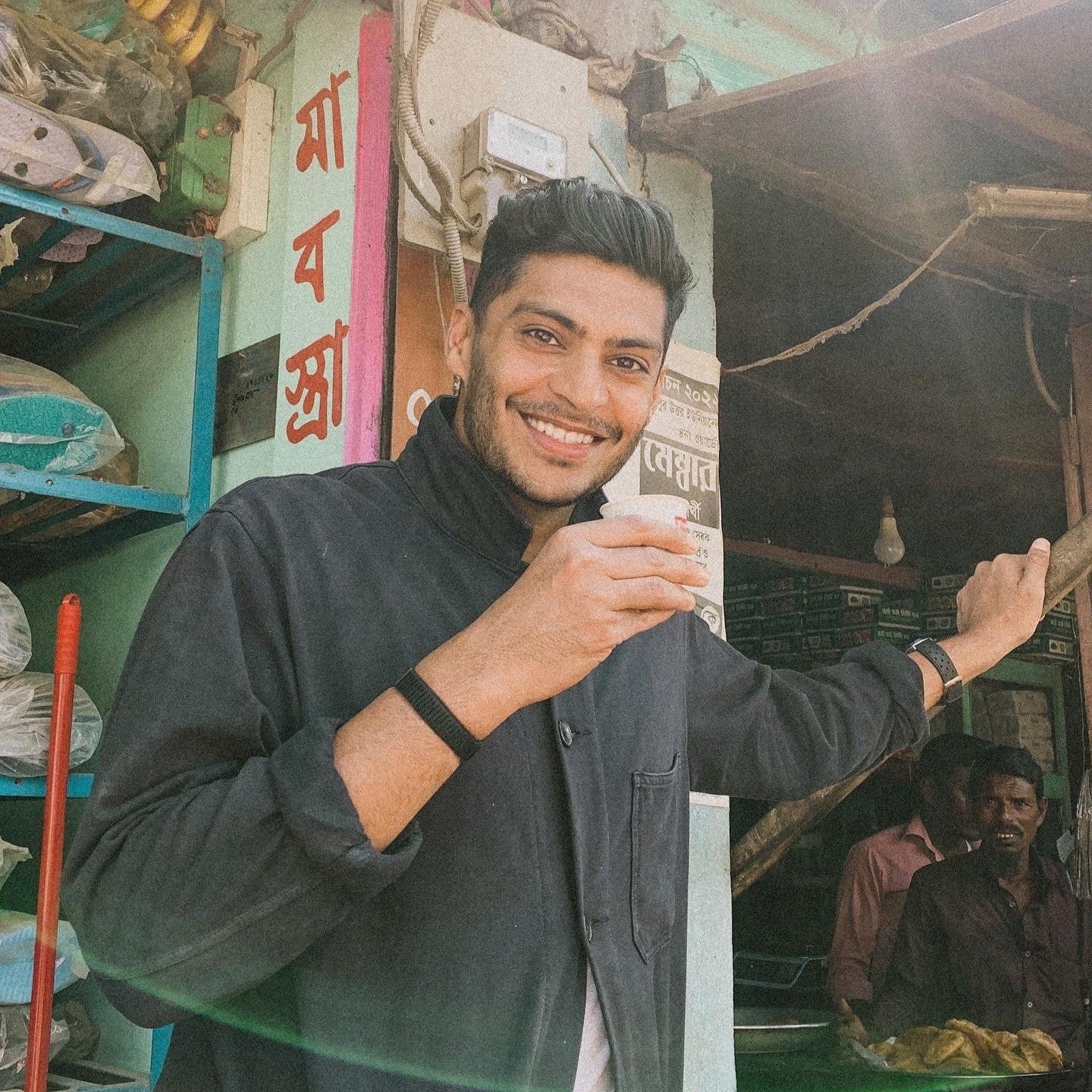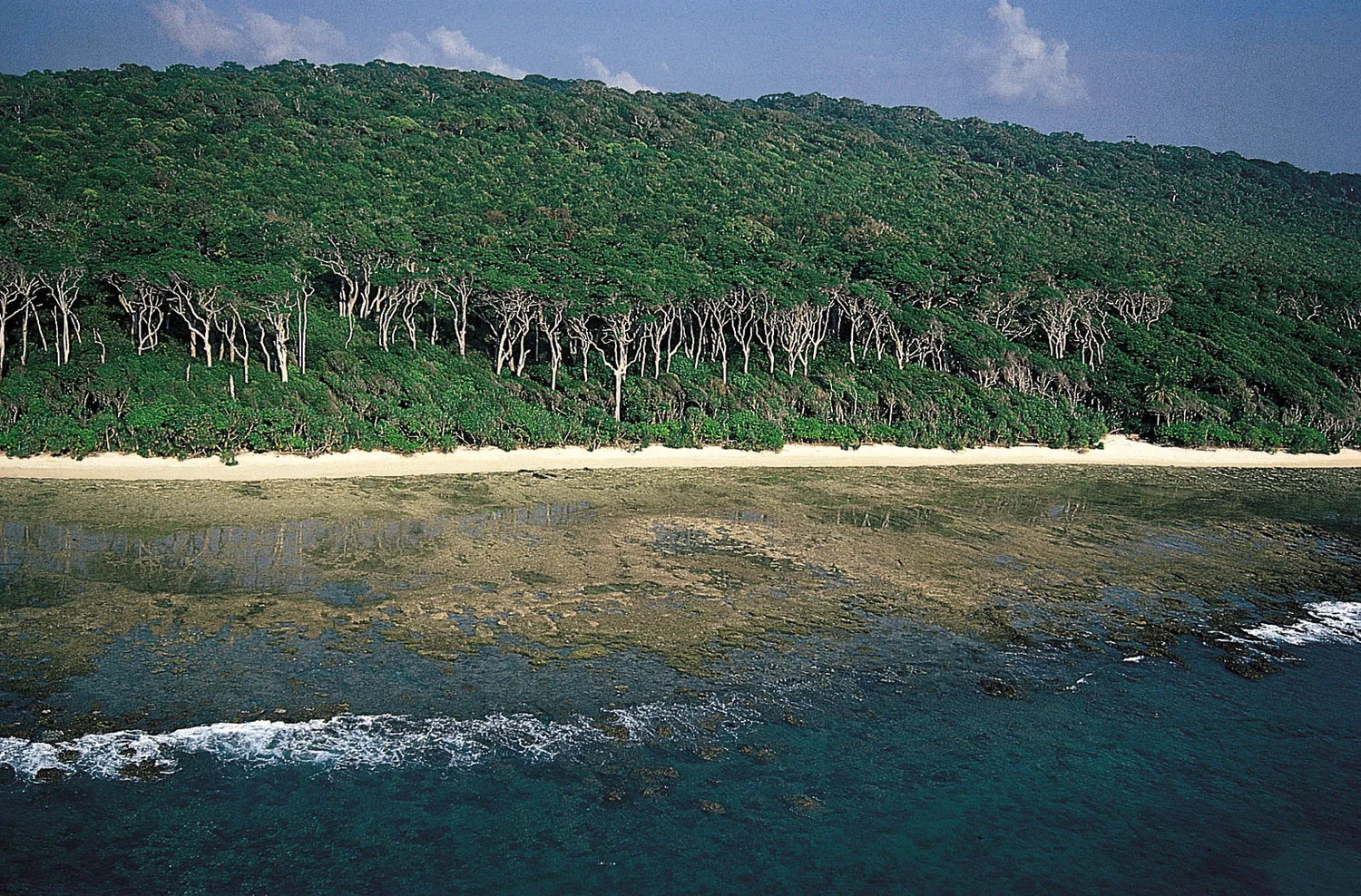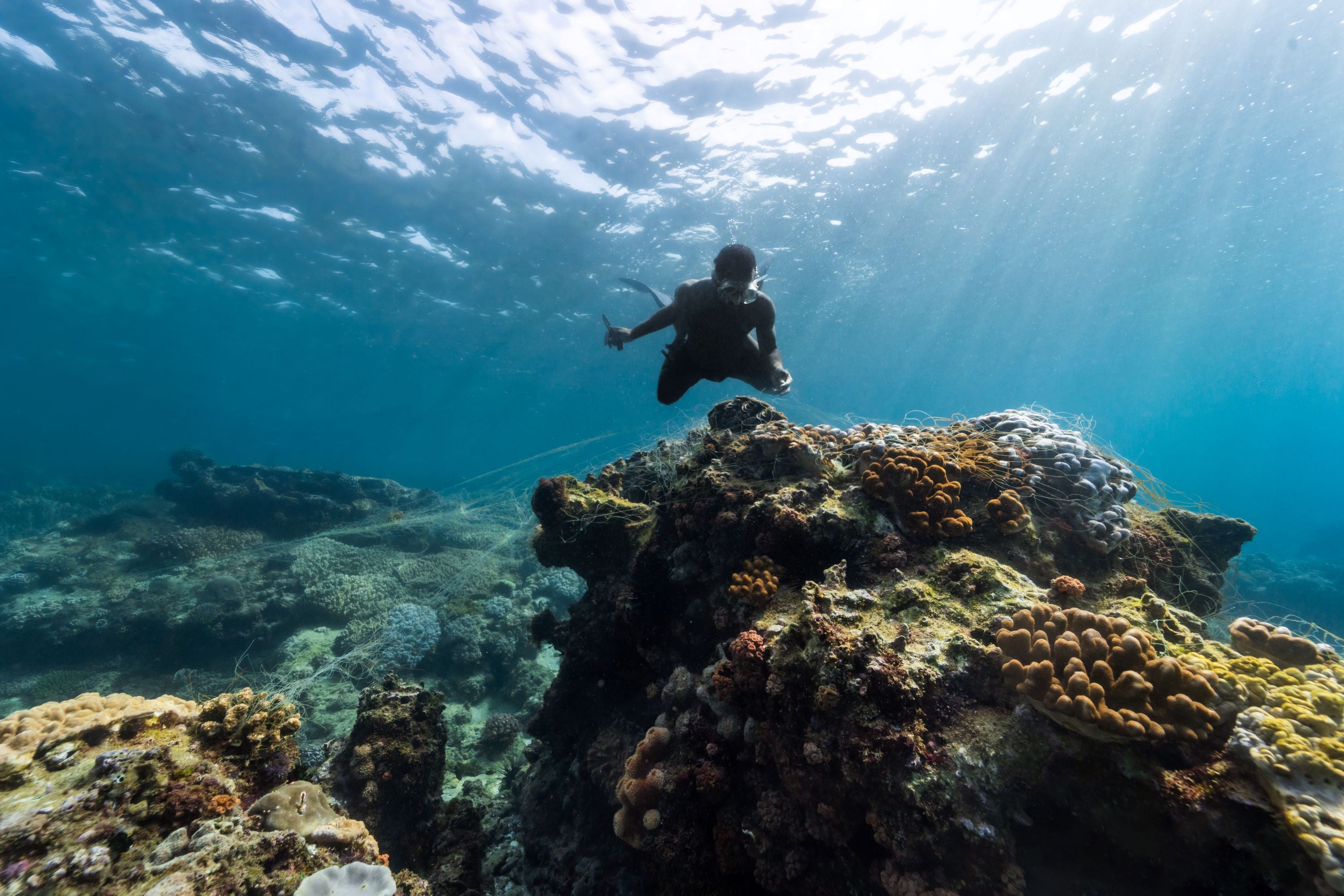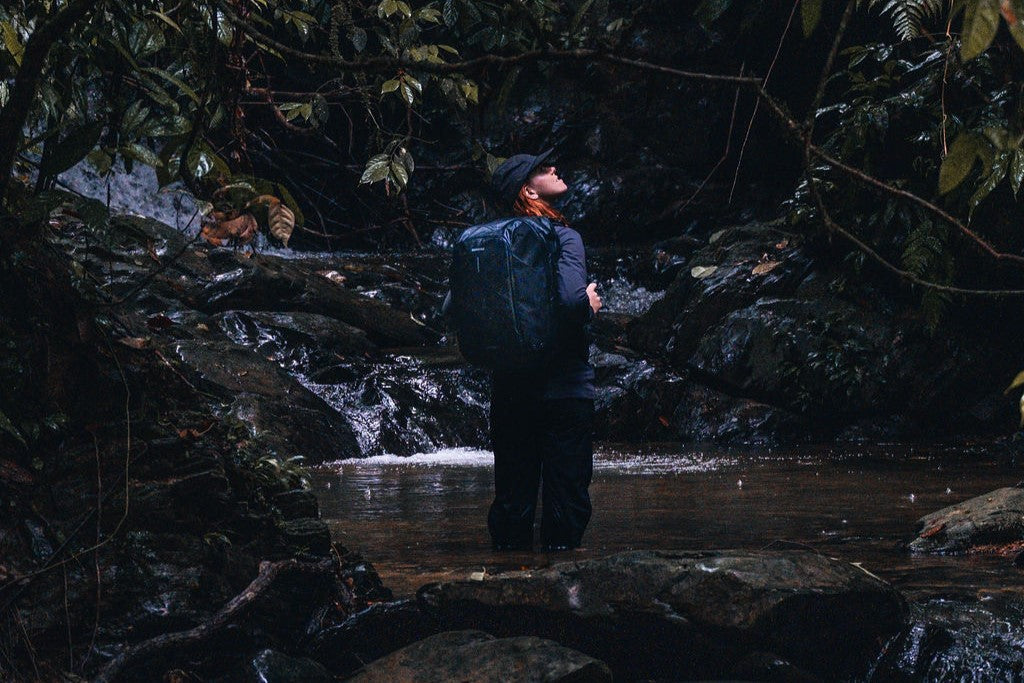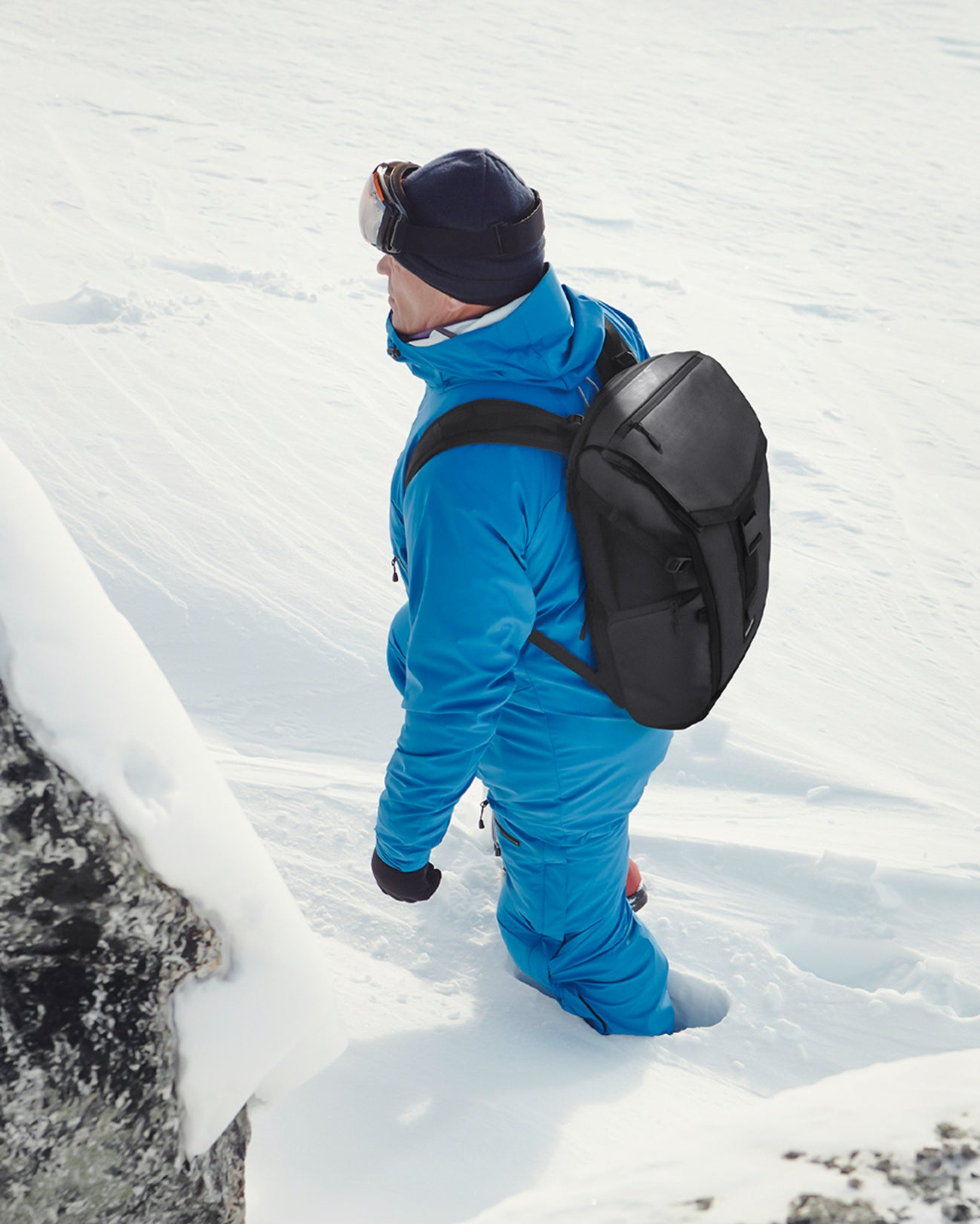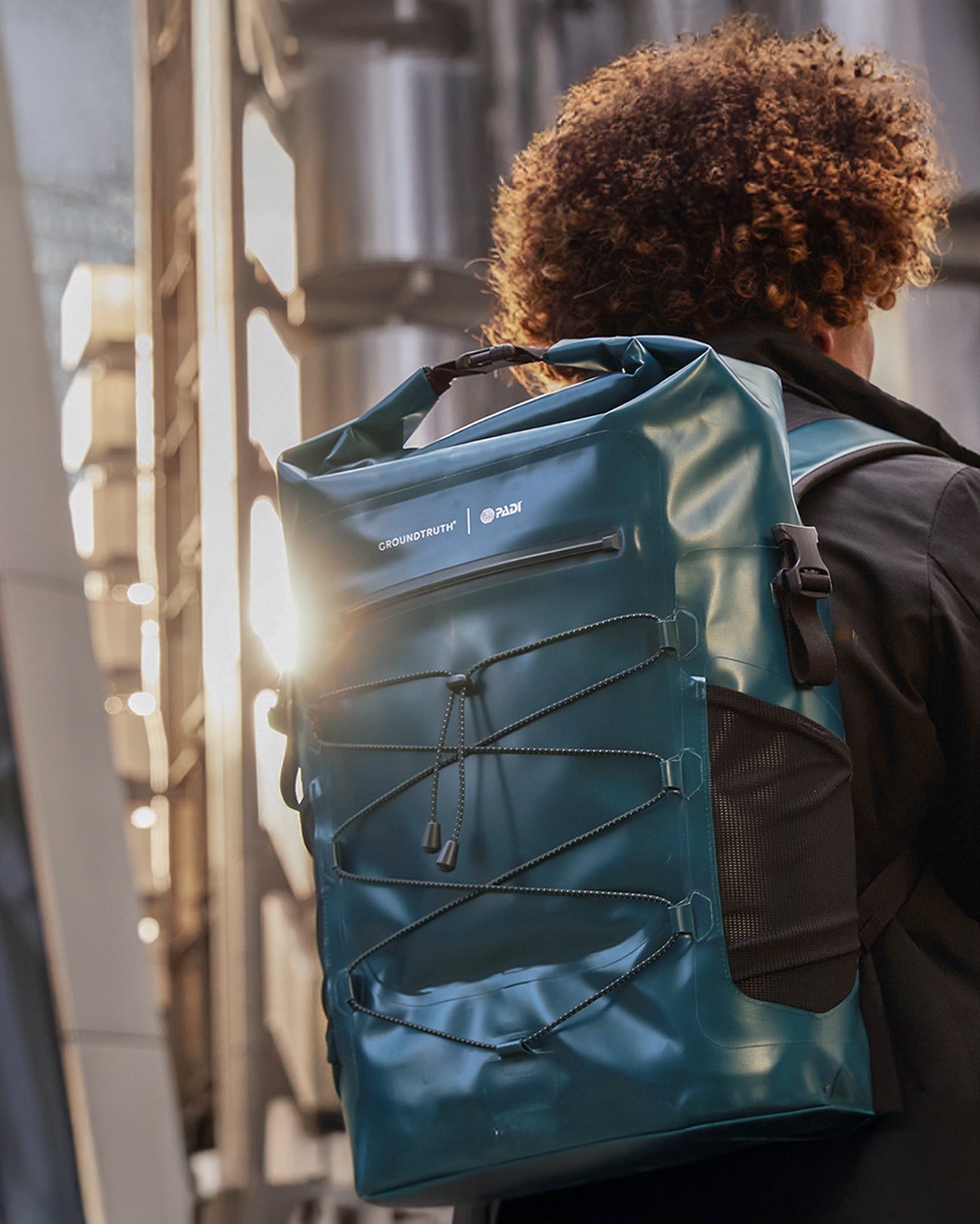Qasa Alom is a British journalist, radio and television presenter, and documentary film-maker. He joined the BBC in 2010, starting in local radio and made a Radio 4 series about Stoke-on-Trent's illegal sex trade for which he won an Frank Gillard Award in 2013. Qasa made his debut on BBC1 in a half-hour documentary about J. R. R. Tolkien entitled Books That Made Britain: Factories to Middle Earth in 2016, and in 2017 directed a film about Muslim women in Birmingham entitled Crossing Birmingham’s Invisible Borders. For his work on the BBC Asian Network he won the Radio Presenter of the Year Award at the 2020 Asian Media Awards.
In June 2023 Qasa was announced as the new presenter for the BBC's daily flagship tennis highlights programme for the Wimbledon Championships, Today at Wimbledon and most recently has joined the BBC Travel show as a lead presenter.
PLANTING MANGROVES IN THE BAY OF BENGAL
Written by Qasa Alom
As a journalist and presenter - my job is objective and simple. I am there to tell the facts. One thing I have learned though, is that a story is about more than just the facts. It’s about people, it’s about emotion and it’s about making sure that we connect the subject to the audience. One of the places I have felt this the most is upon a visit to the country of my grandparents, Bangladesh.
After a few gruelling days in the north, I was part of a UN convoy heading down to the Char region of Bangladesh in Noakhali. It’s on the south coast, leading into the Bay of Bengal and sits on the mouth of where the River Meghna flows into the country. The land is sandy, silty and saline. It’s hard to grow vegetables and lacks the beauty found in other parts of the country. The lush green paddy fields in the north or the golden beaches of Cox bazaar for example.

But I’ve learned the beauty of this region is its people. While there, I met a woman called Rima. She wears a red sari with a green pattern running through the fabric. The colours of Bangladesh. Rima’s sari billows in the wind as we walk along the jagged coastline. She points out into the vast twinkling sea and explains that’s where her house used to be. She tells me about her chickens, her daughters school and memories of a community lost. There’s sadness in her eyes and defiance in her voice. Rima has had to move her home three times in the last 15 years. And she’s not alone.

Each year around 12 000 families in this region have to do the same. Packing up their possessions and memories in search of a new home before the land many of them owned is washed away by the rising sea. It’s just a part of life in this region of the country. Yet she does not curse her luck - she’s grateful of having somewhere else to go. Later as we approach her new house, I am shocked by its beauty. She has a little courtyard shaded by the tall coconut trees and its sturdy walls have been painted lovingly in blue. I try to take my dusty boots off to not spoil her immaculate floor but she insists I leave them on. There’s 3 bedrooms and an outdoor kitchen where tea boils in a clay pot. Far from the little shack I was imagining, ready to be washed away.

Rima blushes as I complement her house. I ask how she feels that one day she may have to leave this home too. The room falls silent. We drink the sweet tea and I learn that leaving the chars has never crossed her mind. In this community, she is someone. Women look up to her. To leave - she’d just become another climate refugee.It’s time to go. I’m still troubled by the fact that one day she’ll have to leave here too. But these thoughts soon wash away as I head to my next destination. A newly forming Island about 30 mins from the mainland. Whilst the char region is fast losing land to soil erosion, sand banks the size of little villages are emerging in the bay that experts like my guide Karim hope will soon be home to thousands of families…
The water lolls and laps at the hull as my boat stops. I roll my trousers up and jump off the stern. The water is shallow. The ground soft. I feel the mud in-between my toes and follow Karim with a squelch The horizon is dizzying. It’s so flat all around me - I’m not sure where the water ends and the land begins. Karim explains the island is about 3000 hectares and was discovered by boats patrolling the bay. There are dozens of these islands. I feel my legs slowly sinking knee deep into the ground. Karim laughs and says I need to keep moving or I’ll get stuck. One of the ways they plan to strengthen the ground is by planting thousands of mangrove trees. The roots will take hold deep in the ground making it firm and strong. And as they grow tall they’ll also act as natural wave breaks, slowing down the speed of the water hitting the mainland.
I join a line of local workers to plant mangrove saplings. It’s hard work pushing them them into the earth every metre. Karim teases my wobbly line of saplings. As we leave I feel hopeful and optimistic. It’s very rare to be one of the first people on new land. My footprint one of the first to make an impression. All of a sudden a rush of positivity takes hold. Like everything will be okay. This feeling lasts for the rest of the journey back, but as we approach the coast, The jagged coastline, the dirt and destruction come back into focus. Karim says a year ago there used to be a mosque just ahead of us. Each year around 500m of coastline is lost. The rate of land loss far outstrips the rate these new islands form. Extreme Weather patterns and climate change have become more regular in Bangladesh. There are huge floods all across the country, such as the Sylhet 2020 floods that have displaced hundreds of thousands from their home. The temperature increase as we impart more carbon emissions into the atmosphere that leads to global warming is also having an impact on people’s livelihoods.

Yet they remain upbeat and look for ways to be in control of their destiny, rather than accept the fates of the impacts of climate change on the world around them. Bangladesh, like many global south countries is disproportionately affected by climate change, yet in comparison to other countries - predominantly in the West - it has a lower carbon footprint. Many have called for a Loss and Damage fund to help places like Bangladesh manage the impacts of Climate change better. Equally the steps that we all take in trying to reduce our own carbon footprint can help those I met in Bangladesh and beyond. My thoughts go back to Rima. Her house is about 4 kilometres back from the coast now. I calculate in my head she has about 8 years until she needs to move again.


